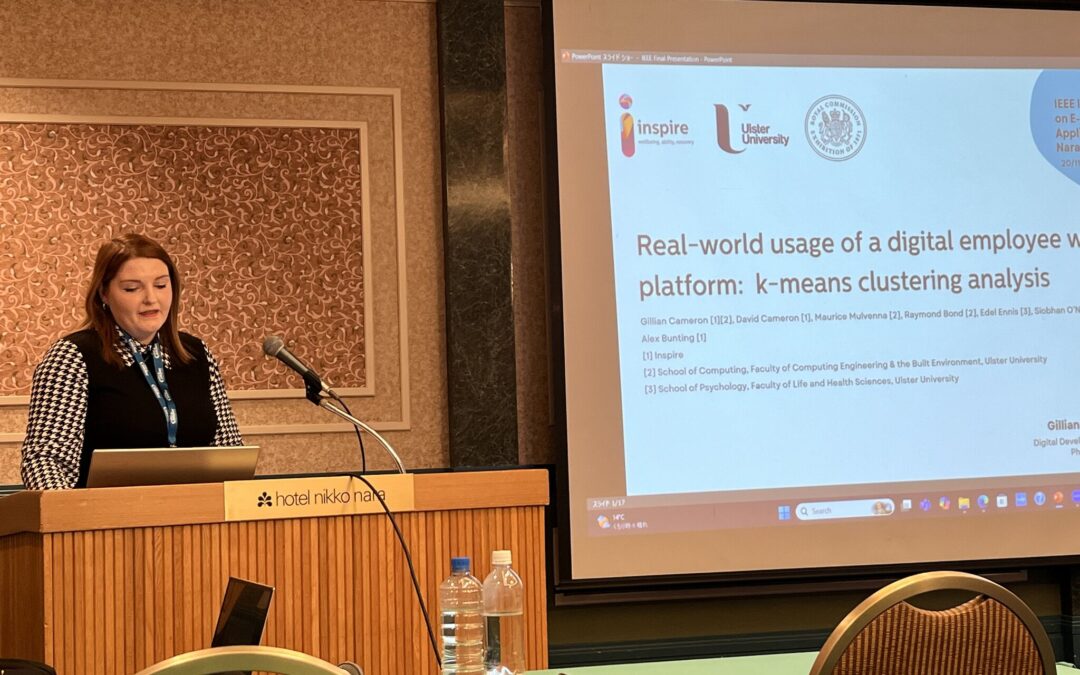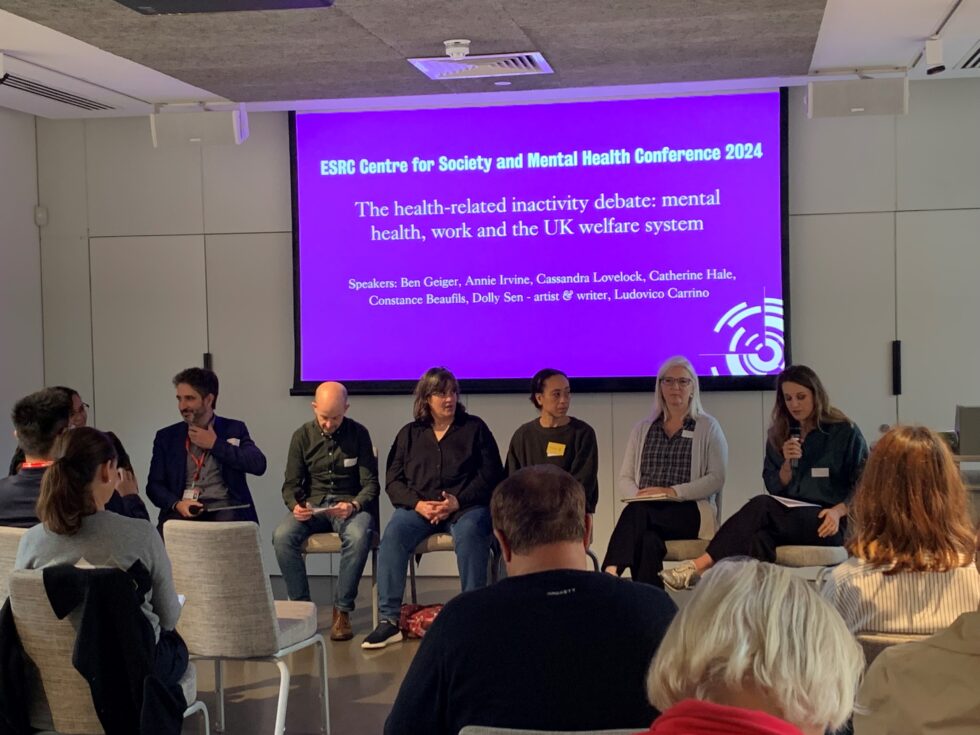New research recently published by Trinity College Dublin and Berlin International University of Applied Sciences has identified drivers of employee engagement with organisational wellbeing schemes, while also highlighting various solutions to boosting such engagement.
The study unearthed some extremely interesting data, pointing to the need for employers to create a culture in which workers feel able, and willing, to utilise the workplace programmes that are on offer.
It is perhaps unsurprising that one of the key findings relates to the issue of workload. Putting in long hours may very well lead to “disconnection” problems, thus impacting job and life satisfaction, as well as personal relationships.
This may sound elementary but if an individual is consistently under pressure to meet deadlines, their capacity to get involved with workplace initiatives is, understandably, significantly curbed. The average person is more likely to prioritise the completion of tasks than they are to focus on themselves. In fact, respondents identified the simple ability to attend as an important factor in whether or not they ultimately engaged with wellbeing offerings.
Workload concerns, however, were not the only possible obstacles identified by the report. It also suggested that employees are less likely to participate in, or respond positively to, wellbeing measures they perceive as insincere, merely aesthetic or rote box-ticking exercises.
On that point, Berlin International’s Dr. Jennifer Hynes referenced ‘the critical role played by leaders… specifically through their engagement in activities, encouraging others to participate, and being authentic about their intentions.’
It is vital, therefore, that in striving to attain business objectives employers are equally energetic about endorsing the wide-ranging benefits of positive, proactive employee wellbeing.
People value workplaces that value them. Organisations can demonstrate a commitment to their people by developing and promoting mental health awareness throughout the workplace. Along with a suite of existing courses, Inspire designs and adapts mental health training according to need.
In addition, given that culture is shaped from the top down, effective and emotionally intelligent leadership is extremely important. Inspire’s extensive management courses aim to optimise the impact of those in leadership positions.
For more information, please feel free to contact enquiries@inspirewellbeing.org
More from our blog
Menopause and work
The menopause is a natural biological process. It occurs when your ovaries age and naturally produce lower levels of reproductive hormones. The menopause may have a significant impact on home life and work performance. This can be unsettling, particularly if a particular role carries lots of responsibility. The hormonal changes…
Understanding Stepped Care and its role in workplace wellbeing
The stepped care model is a fundamental part of Inspire's workplace offering. So, what is it and why is it so important?
Winter wellbeing 2024
The festive season is here and we’re keen to highlight some wellbeing tips for now and the New Year. Head into 2025 in the best possible frame of mind. Switch off Technology allows us to be constantly connected to colleagues, family and friends. That is often a good thing but…
Reflections on IEEE eHealthCom 2024: Insights, Innovation, and Inspiration in Nara, Japan
Inspire’s Digital Development Lead, Gillian Cameron, reflects on her recent trip to Nara, Japan for the IEEE eHealthCom conference. Last week, I had the privilege of attending and presenting at the IEEE eHealthCom 2024 conference in Nara, Japan. This annual event brings together researchers, industry leaders, and policymakers to discuss…
Mental Health on the Agenda at King’s College London
Inspire’s Policy & Campaigns Office, Matthew Coyle, reflects on his recent trip to King’s College London and the knowledge gained at the ESRC Centre for Society and Mental Health’s annual conference. I had the privilege earlier this month of attending the ESRC Centre for Society and Mental Health’s third annual conference in…
Healthy Organisations Commit to Person-Centred Wellbeing
Employment takes up a good deal of our time. According to the Office of National Statistics, the average UK worker spends over 36 hours in work every week; in Ireland, that figure is 38.5. On World Mental Health Day, understand the effect that wellbeing washing can have on workers and…
On World Mental Health Day, Here’s How to Avoid Wellbeing Washing
As we count down to World Mental Health Day on 10th October, Inspire’s focus is very much on our ‘Don’t Wellbeing Wash’ campaign. Wellbeing washing is similar to green washing, its arguably more infamous cousin. It describes a company or organisational ethos that focus more on the illusion of staff…
World Mental Health Day: Don’t Wellbeing Wash
World Mental Health Day (WMHD), which takes place every year on 10th October, offers us all an opportunity to gather and talk about mental health, demonstrating to everyone that this is a subject worthy of open, honest discussion and explanation. In 2024, Inspire is marking WMHD by highlighting the important issue…
Government Action on Work-Life Balance a Positive Sign
The UK Government has announced plans to introduce new codes of practice for businesses, which are aimed at tackling burnout and codifying a right to switch off. This follows on from Labour’s campaign pledge to empower workers, providing them with the freedom to disconnect from their jobs outside regular hours and…
Line Managers are Key to Workplace Wellbeing
According to new research published by Queen’s University Belfast and the University of Nottingham, strong links exist between positive business performance and mental health training for line managers. Furthermore, the analysis of workforce practices suggests that recognising this, and acting on it, could save organisations millions every year. The study…
Workplace Conflicts Require Proactive Approach
Discord between colleagues is not unusual. The average workplace brings together individuals from different walks of life, people with distinct characteristics, objectives, points of view and ways of doing things. Quarrels are bound to develop from time to time. They can, however, have a significant impact on an organisation’s productivity,…
CIPD Conference Stresses Authentic, Empathetic Leadership
Inspire\'s Noelle Higgins, Business Development Manager – Therapeutic Services reflects on the recent CIPD conference and research. My colleague Jonathan Cody and I recently took the opportunity to head to the CIPD conference at the RDS, enjoying a day away from our e-mails and catching up with a range of…













